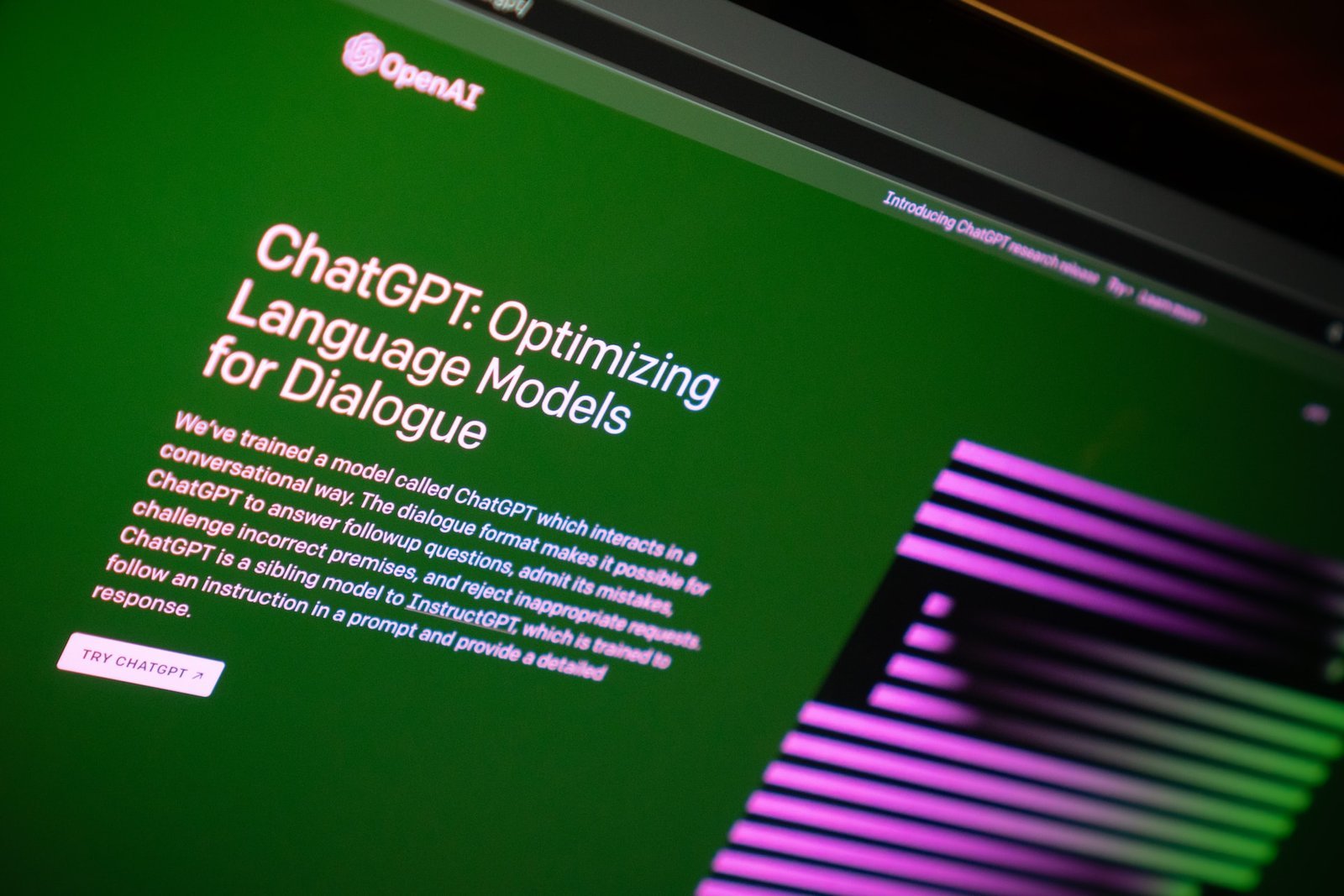According to a recent poll conducted by France’s job search agency Pôle Emploi, it was revealed that approximately 31% of French employers have already embraced AI technology in their workplaces. However, the study also found that more than half of French employers expressed no intention of using artificial intelligence now or in the future.

Among the employers who do not utilize AI, a staggering 78% stated that their business activities were incompatible with this technology. Additionally, around one-third of the employers not leveraging AI cited a lack of necessary skills, while nearly one in three mentioned financial constraints as the primary hindrance.
Interestingly, the poll indicated that 15% of employers who were not using AI expressed fear or apprehension towards this emerging technology. Despite the concerns, approximately 35% of the surveyed employers revealed that they were either already utilizing artificial intelligence or were in the process of implementing it within their organizations.
Which companies are more likely to use AI?
Interestingly, it has been observed that larger companies, specifically those with over 200 employees, are more likely to embrace AI solutions. According to a recent poll, the majority of companies with more extensive workforces have integrated artificial intelligence into their operations. Approximately 45% of companies exceeding the threshold of 200 employees were found to be utilizing AI, showcasing a substantial adoption rate.

On the other hand, around 34% of companies with fewer than 100 employees were reported to be using AI technology. While this percentage is lower compared to larger companies, it still demonstrates that AI adoption is not exclusive to enterprises with vast resources.
What is its impact on these companies?
The impact of AI on those who embrace its use has been overwhelmingly positive, with approximately 74% acknowledging its influence on the evolution of people’s skill sets.
Among employers utilizing this technology, 73% reported a positive effect on employees’ performance, while 66% recognized its contribution to staff health and safety. A significant proportion (about 63%) of these employers also noted that AI had effectively reduced tedious tasks.
When it comes to the specific applications of AI, tools capable of answering questions or assisting in decision-making processes were the most widely utilized by employers. Following closely were language processing and robotics. On the other hand, voice or visual recognition tools were the least commonly employed by companies.

The sectors where AI found the most extensive application, according to the poll, were accounting, communication, and human resources. Interestingly, two-thirds of the companies leveraging AI reported providing training to their employees, and 22% even hired individuals with expertise in AI-related fields.
Moreover, a similar proportion (two-thirds) of these companies indicated that AI had led to an increase in employees’ autonomy. The advent of AI technology experienced a recent surge with the introduction of ChatGPT, a chatbot released last November, which quickly gained recognition as the fastest-growing application.
As AI continues to advance, experts, including AI developers, have issued stark warnings, emphasizing that regulating AI should be a global priority to mitigate the potential risks, even including the “risk of extinction. Furthermore, concerns have been raised about the potential job displacement resulting from the widespread adoption of AI technology. It is a topic that has sparked much discussion and analysis.



